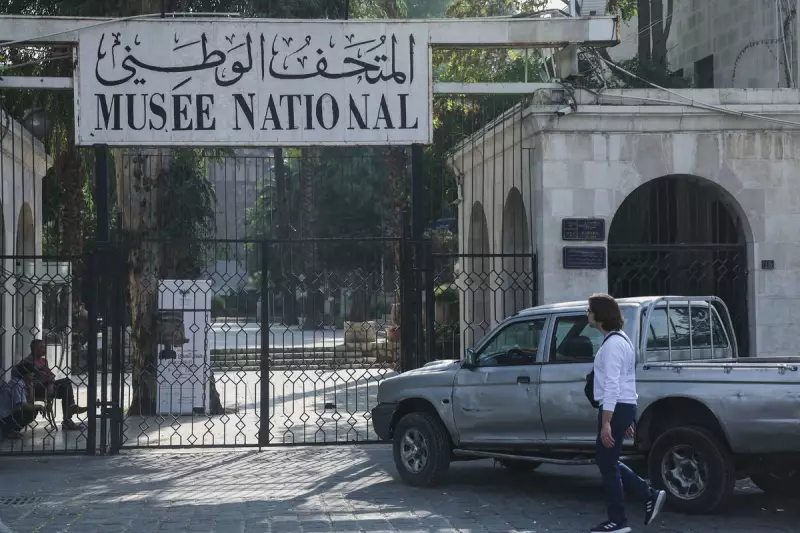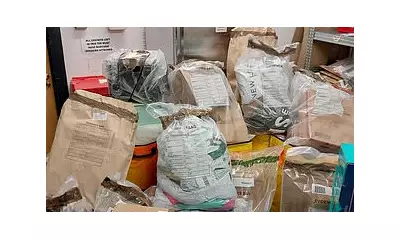
Ancient Treasures Vanish from Damascus Museum
Investigators in Syria believe the theft of several ancient Roman-era statues from the National Museum of Damascus was likely committed by a solitary individual rather than an organised criminal gang, officials confirmed on Wednesday.
The prestigious institution, which houses Syria's most valuable antiquities, remains closed to the public after the heist was discovered early Monday morning. This represents a significant setback for the country's cultural recovery efforts.
Museum Security and Investigation Updates
The National Museum had only reopened in January as Syria attempts to rebuild following a devastating 14-year civil war and the collapse of the 54-year Assad family regime last year.
On Wednesday, visible security measures were in place with a security vehicle stationed outside the museum's main gate in central Damascus. Guards prevented public access while the investigation continues.
Two anonymous officials from Syria's Directorate-General for Antiquities and Museums indicated that significant progress has been made in the investigation, with results anticipated shortly. "God willing we will reach good results," one official stated, speaking on condition of anonymity as they weren't authorised to discuss investigation details with media.
Public Outrage and Historical Context
The theft has provoked anger among Damascus residents, who view it as damaging to the country's image during its delicate reconstruction phase after a conflict that claimed half a million lives.
"This is not only an aggression on the Syrian state but an aggression on Syrian civilization," said resident Waddah Khalifeh, expressing concerns that the thieves might attempt to smuggle the statues abroad for sale.
The museum had enhanced its security measures after the civil war began in March 2011, installing metal gates and surveillance cameras while authorities relocated hundreds of artefacts to Damascus from various locations across the country.
Despite the Directorate-General for Antiquities and Museums claiming on Tuesday that the theft hadn't affected museum activities and that visitors continued as usual, an Associated Press journalist attempting to enter on Wednesday found all sections—including outdoor areas—closed due to the ongoing investigation.
Syria's Cultural Heritage Under Threat
The museum's reopening on January 8 occurred just one month after rebels ousted President Bashar Assad, marking a new era for the nation. The institution had briefly closed previously amid fears of looting following the rebel offensive that ended five decades of Assad family rule.
Syria's years of conflict have severely impacted cultural heritage sites, particularly the historic central town of Palmyra, once controlled by the Islamic State group. In 2015, IS members destroyed mausoleums at Palmyra's UNESCO World Heritage site, famous for its 2,000-year-old Roman colonnades and other priceless ancient ruins.
Another resident, Hussein Abu al-Kheir, voiced hopes for the artefacts' recovery, stating: "I hope that these pieces will be returned because this is good for the new Syria," referring to the post-Assad era.





